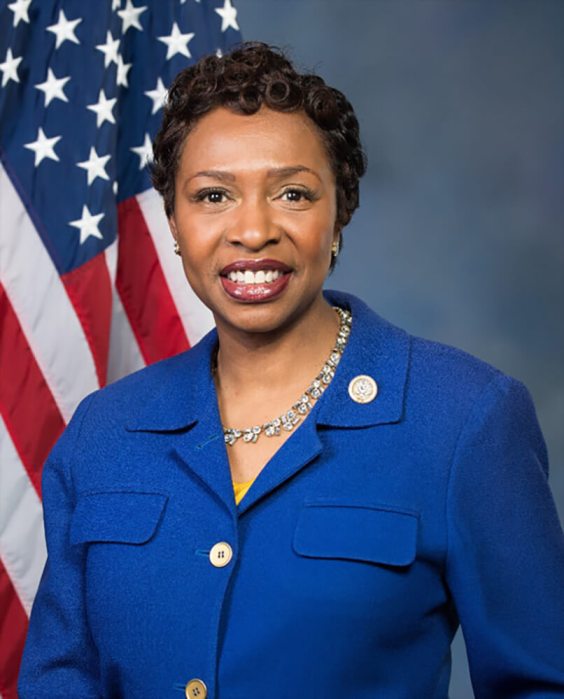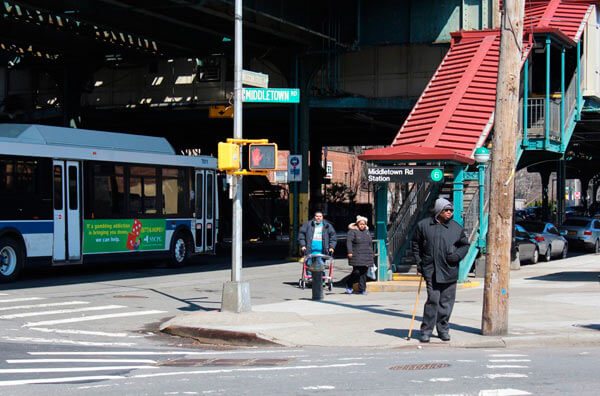The Jamaican political landscape is bracing for yet another major changing of the guard because the island’s first woman prime minister and opposition leader is about to step down, opening the way for a protracted fight among the party’s top brass to replace her.
Portia Simpson Miller announced a few days ago that she plans to quit the presidency of the 78-year-old People’s National Party (PNP), less than a year after her and the PNP narrowly lost general elections to perennial nemesis, the Jamaica Labor Party (JLP).
Never fully embraced by the middle and upper echelons of Jamaica’s highly class and color-conscious society, Simpson Miller survived fierce challenges to her leadership of the PNP during the 10 years she served as president.
She now appears to have bowed to the rising crescendo from the party and the Jamaican elite to call it quits and to By Martin Khor
Martin Khor is executive director of the South Centre, a think tank for developing countries, based in Geneva.
PENANG, Dec 5 2016 (IPS) – What kind of trade policy will the United States have under President Donald Trump? This is a hot issue, as Trump has made unorthodox pronouncements on trade issues during and after the election campaign. If he acts on even some of the positions he took, it will create a sea change in trade policy in the US and possibly the world.
Trump has recently emphasised that he will take the US out of the Trans Pacific Partnership Agreement (TPPA) on his first day of office, and renegotiate the North American Free Trade Agreement (NAFTA).
He called them a disaster for the US. He was probably referring to the claim that many of manufacturing jobs lost in the US in recent years were due to free trade agreements (FTAs) and the overseas relocation of US companies. He is also probably blaming trade agreements for the US’ huge trade deficits.
Most economists however have a different view. They attribute US job losses mainly to technological change.
There are legitimate fears that Trump’s “Put America First” slogan, when applied to trade, will lead to an increase in trade protectionism.
Trump has threatened to raise tariffs on products from China and Mexico by as much as 45 percent. Trump in his campaign accused China of being a “currency manipulator.” If a country is so labelled by the Treasury Department it could be grounds under US law to slap extra tariffs on its products.
President Obama came under pressure from many Congress members and economists to do just that, but he smartly resisted as he realised it would trigger a very nasty trade war with China.
It is possible Trump will also climb down from this populist stance once he is president. For a start, China’s currency is not under-valued and currently its government is trying to prevent (not encourage) its currency from further sliding.
Secondly, taking trade action against China on currency grounds would be against the rules of WTO, and China should be able to successfully take a WTO case against the US for any such action.
Finally, China has warned it will retaliate if the US were to take protectionist actions. An article in the Beijing-based Global Times spelled out how the country would cancel its orders of Boeing aircraft, restrict US auto and I-phone sales in China and halt US soybean and maize imports, while a number of US industries would be impaired.
But if an across-the-board tariff hike is out of the question, the Trump administration is likely to consider taking more trade-remedy action on a range of products from China and other countries by claiming they are being dumped or unfairly subsidised.
There are loopholes in the WTO rules on trade remedies which have made these a favourite protectionist tool. A country can slap on high tariffs against an imported good from another country by claiming its price is artificially low because it has been “dumped” (exported at a price lower than the domestic price) or unfairly subsidised by the state.
But if the exporting country complains and a WTO panel rules that the actions were wrongly taken, there is no penalty imposed against the offending country which is only asked to lift the tariff. Meanwhile the aggrieved country has lost many years of export earnings. Moreover, the same actions can again be taken against the same country, thus perpetuating the protection.
We may see a rise in such trade-remedy actions under President Trump, especially if he is counselled against taking the more blatant route of imposing an all-out tariff wall.
But we can also expect tit-for-tat counter-action of the same type by the affected countries, in a global spiral of protectionism. That will be in nobody’s interest.
The new Trump presidency is also expected to usher in a major change in how the US (and eventually many other countries) will perceive free trade agreements. Trump’s objection to the TTPA and NAFTA seems to be based on the issue of goods trade, that the template of these agreements seems to favour the exports of the partner countries at the expense of the US.
Trump said he would instead “negotiate fair bilateral deals that bring jobs and industry back.” This appears to be neo-mercantilist and against the free-trade principle, but it is this kind of “America-first” populism that helped propel him to power.
If the new US policy moves in this direction, what is to prevent other countries from doing likewise? “Free trade” or “fair trade” will be interpreted by each country in ways that favour it, and many of the present rules will have to be set aside.
However the FTAs are much more than trade, and they became unpopular with the public in the US and elsewhere not only because of the threat of cheap imports taking over the market of local producers, but also because of the non-trade issues that are embedded in most recent FTAs, including FTAs between developed countries, and those between developed and developing countries.
If the new US policy moves in this direction, what is to prevent other countries from doing likewise? “Free trade” or “fair trade” will be interpreted by each country in ways that favour it, and many of the present rules will have to be set aside.
One of these issues include investment rules aimed at liberalising foreign investment and financial flows, with an especially controversial section that gives rights to foreign investors to take cases and make claims against the host government in an international tribunal.
Another issue is the strengthening of intellectual property rules that favour multinational companies at the expense of local consumers. A most unpopular effect is a tremendous rise in the cost of some patented medicines through the additional curbing of competition from cheaper generic drugs.
Other issues include the opening up government procurement to foreign firms on a national-treatment basis, thus reducing the share of local businesses in this huge sector; the liberalisation of the services sectors, which for some countries may affect the cost of basic services that are normally performed by the public sector; and, in the most recent FTAs, the establishment of new rules overseeing the policies and behaviour of state-owned enterprises.
The structure of this kind of North-South FTAs is mainly unfavourable to developing countries in general. While a developing country can get some benefits on the trade component through better market access to the developed country, the non-trade issues are usually against their interests as the developed countries are far stronger and have the upper hand in the areas of investment, intellectual property, services and procurement.
However, civil society groups in the developed countries also find the non-trade issues By Bert Wilkinson
The Jamaican political landscape is bracing for yet another major changing of the guard because the island’s first woman prime minister and opposition leader is about to step down, opening the way for a protracted fight among the party’s top brass to replace her.
Portia Simpson Miller announced a few days ago that she plans to quit the presidency of the 78-year-old People’s National Party (PNP), less than a year after her and the PNP narrowly lost general elections to perennial nemesis, the Jamaica Labor Party (JLP).
Never fully embraced by the middle and upper echelons of Jamaica’s highly class and color-conscious society, Simpson Miller survived fierce challenges to her leadership of the PNP during the 10 years she served as president.
She now appears to have bowed to the rising crescendo from the party and the Jamaican elite to call it quits and to




















